For Appointment: Raiya Circle: 8905150606 8460044502 Mavdi: 7575887500 9924047400
Ectopic Pregnancy
Pregnancy is usually a time filled with joy, anticipation, and hope. But not every pregnancy follows the expected path. One such critical condition is known as an ectopic pregnancy — a complication that, while rare, requires immediate medical attention.
Let’s explore what ectopic pregnancy really is, how to recognize it, and why early detection is so important for a woman’s health and fertility.
An ectopic pregnancy occurs when a fertilized egg implants outside the uterus, most commonly in one of the fallopian tubes. Because the fallopian tube is not designed to support a growing embryo, this type of pregnancy cannot proceed normally. If left untreated, it can lead to rupture and internal bleeding, which can be life-threatening.
While most cases (over 90%) occur in the fallopian tubes, ectopic pregnancies can also occur in:
The ovary
The abdominal cavity
The cervix
A previous C-section scar (rare)
Symptoms usually begin between the 4th and 12th week of pregnancy, and they can sometimes be confused with a normal early pregnancy or a miscarriage.
Common symptoms include:
Sharp or stabbing pain in the abdomen, pelvis, shoulder, or neck
Vaginal bleeding or spotting
Dizziness or fainting
Low blood pressure
Gastrointestinal symptoms that may resemble gas pain
If the fallopian tube ruptures, it becomes a medical emergency. Sudden, intense pain and heavy INTERNAL bleeding require immediate care.
Several risk factors can increase the chance of an ectopic pregnancy, including:
Previous ectopic pregnancy
Inflammation or infection (such as pelvic inflammatory disease)
History of fallopian tube surgery
Fertility treatments (e.g., IVF)
Smoking
Endometriosis
Age over 35
However, sometimes an ectopic pregnancy happens even without any clear risk factors.
Doctors typically diagnose an ectopic pregnancy using:
Transvaginal ultrasound – to visualize where the pregnancy is located
Blood tests – to check levels of the hormone hCG (human chorionic gonadotropin), which may rise more slowly in ectopic pregnancies
IN RARE CASES, laparoscopy (a minimally invasive surgery) may be required for a definitive diagnosis.
Because an ectopic pregnancy cannot result in a live birth, treatment focuses on protecting the mother’s health and removing the ectopic tissue.
If caught early and the tube has not ruptured, doctors may prescribe methotrexate — a medication that stops the growth of the pregnancy and allows the body to absorb it naturally.
If the ectopic pregnancy is advanced, or if there’s internal bleeding, emergency surgery may be necessary. This can involve:
Salpingostomy – removing the ectopic tissue but leaving the tube intact
Salpingectomy – removing the entire affected fallopian tube (if it’s ruptured or severely damaged)
Yes — many women go on to have healthy pregnancies after an ectopic pregnancy. However, the chances of recurrence increase slightly, so early monitoring in future pregnancies is essential.
Doctors usually recommend waiting a few months before trying to conceive again, especially if methotrexate was used.
If you’re pregnant or suspect you may be and experience pain, bleeding, or dizziness, don’t wait. Ectopic pregnancy is an emergency when ruptured, and early diagnosis can save your life and protect your fertility.

Learn how Garbh Sanskar supports baby’s brai...

Discover the scientific benefits of Garbh Sanskar ...
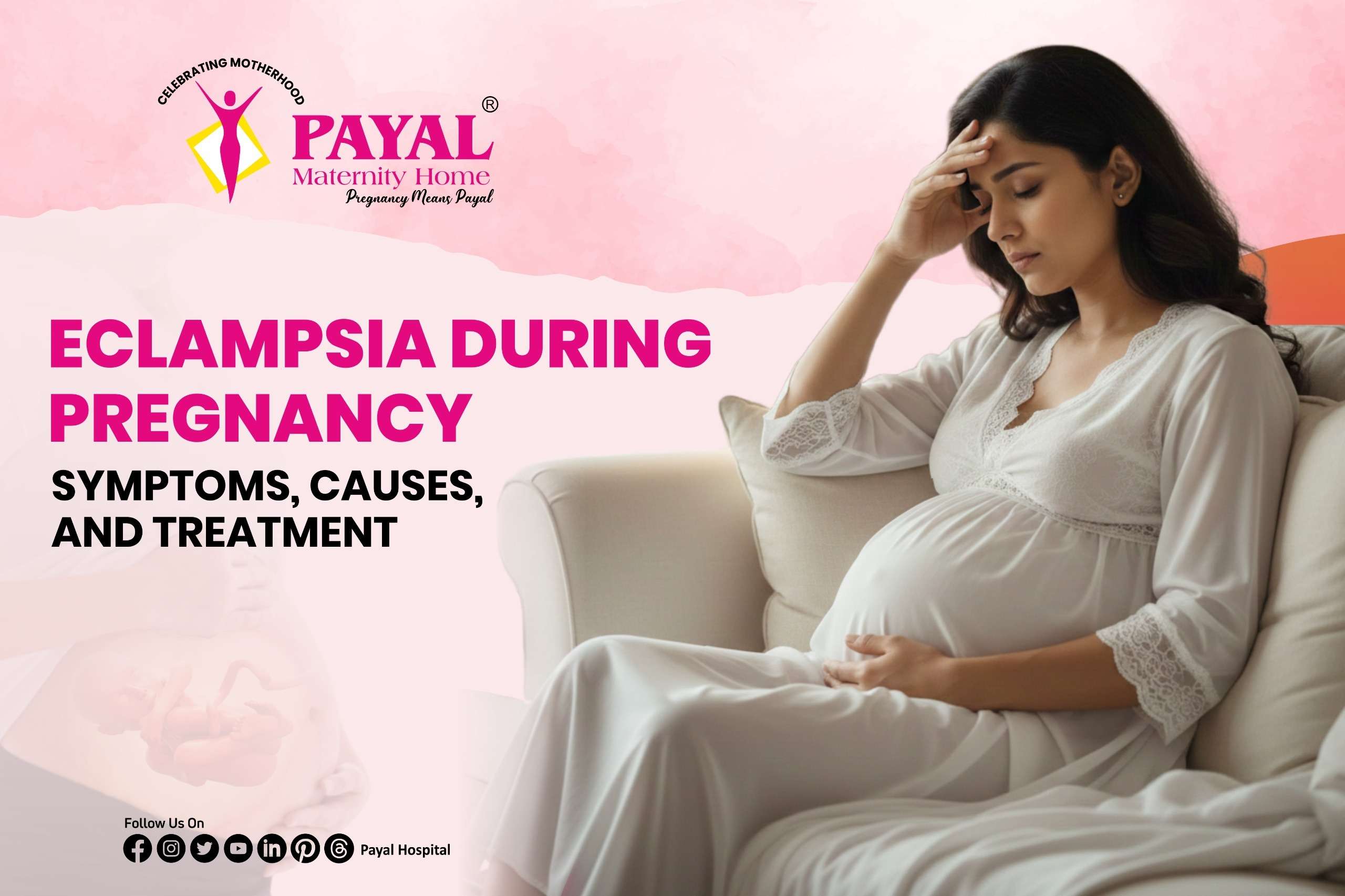
Learn what eclampsia is, how it differs from preec...
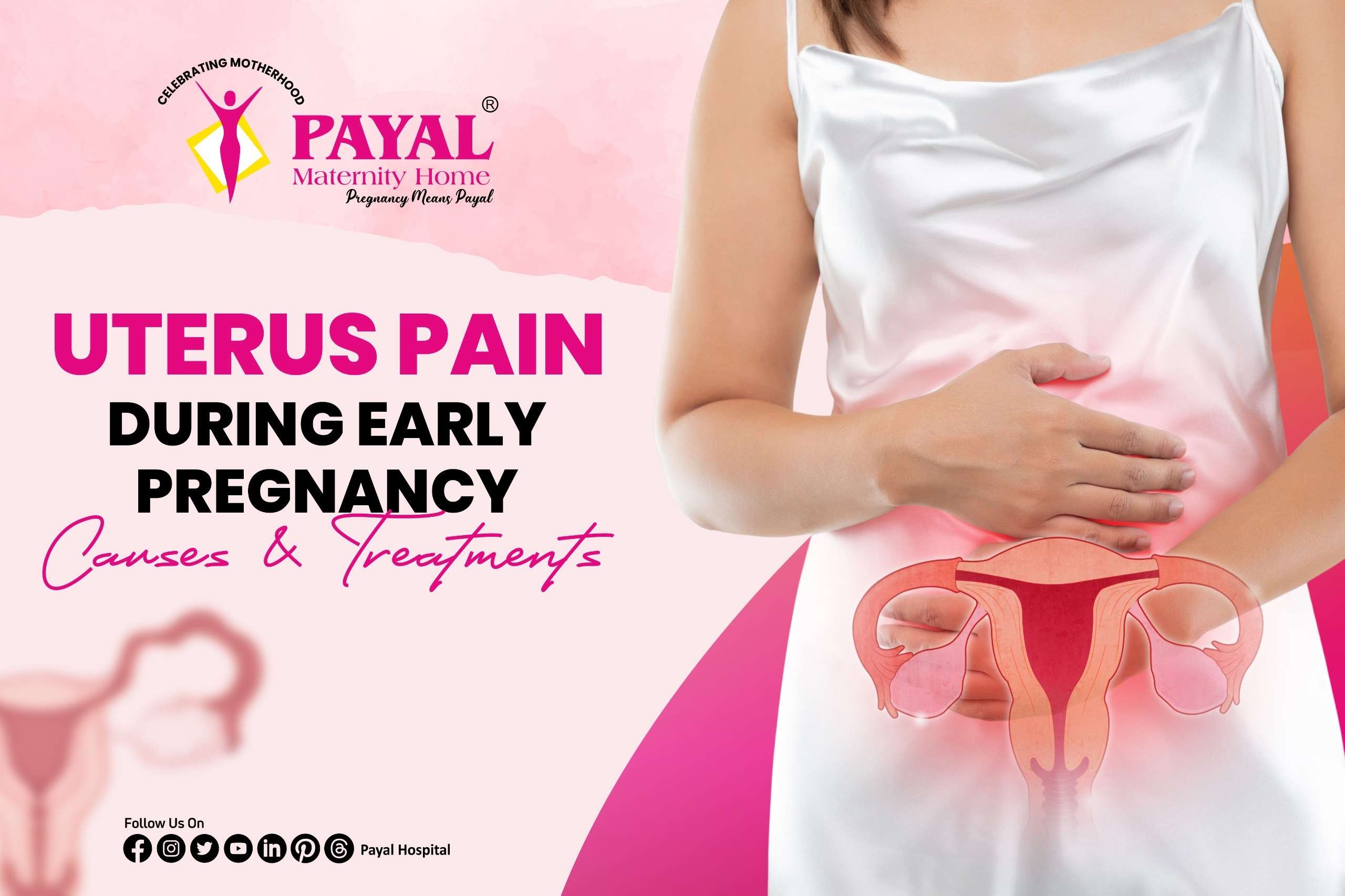
Learn why uterus pain occurs during early pregnanc...

Ovary pain during pregnancy can signal issues like...
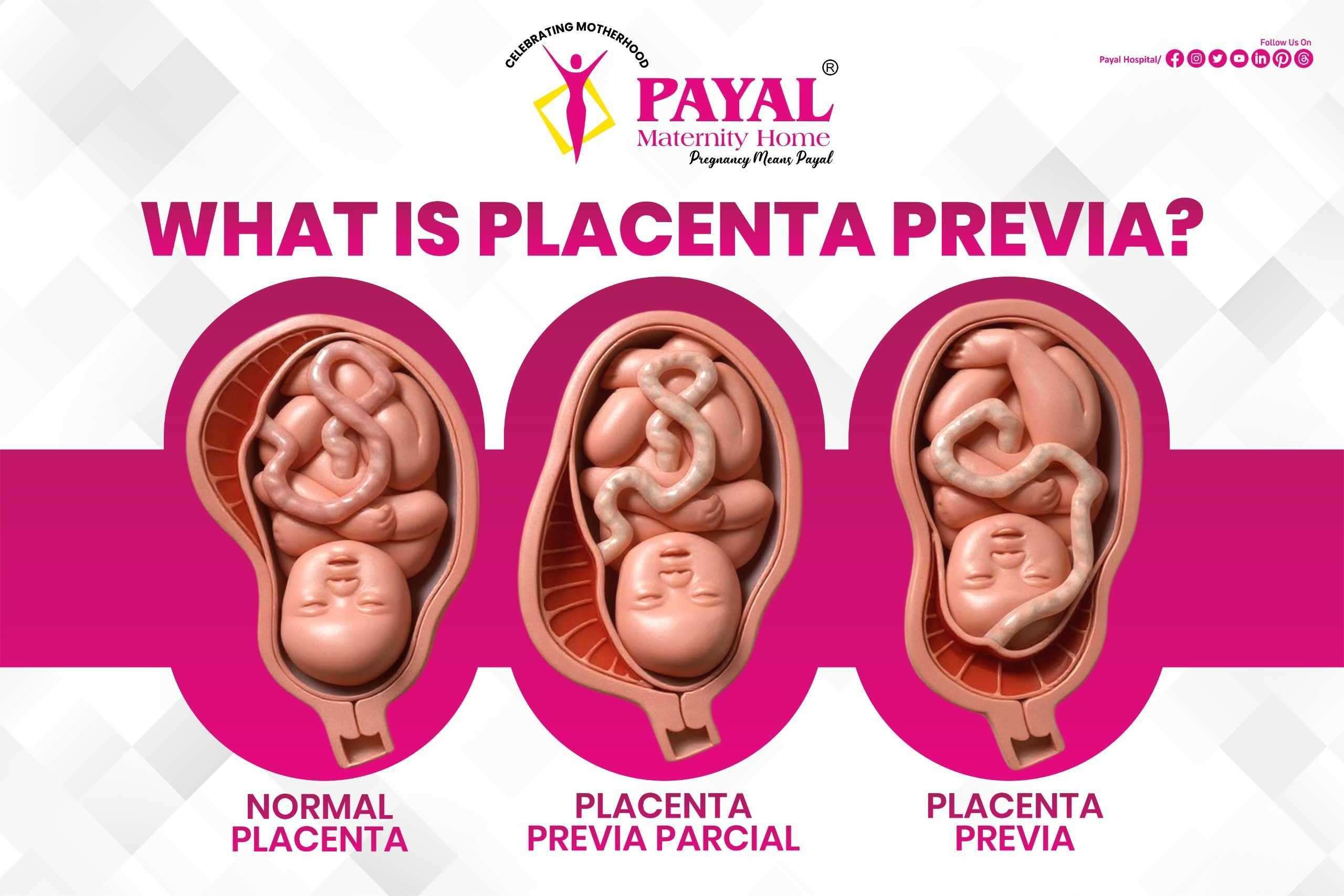
Learn about placenta previa, its symptoms, causes,...
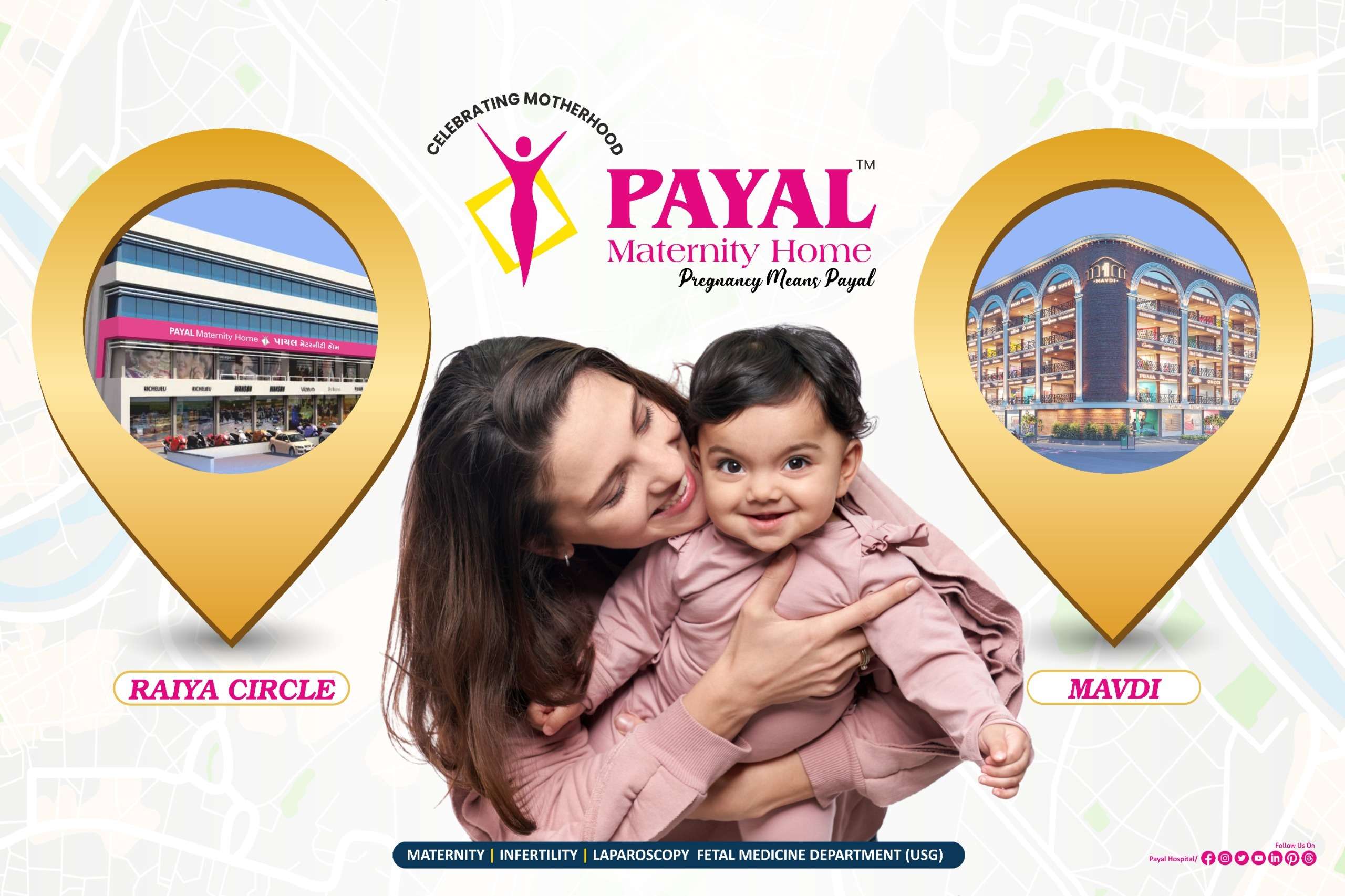
Payal Maternity Home Rajkot offers expert gynecolo...
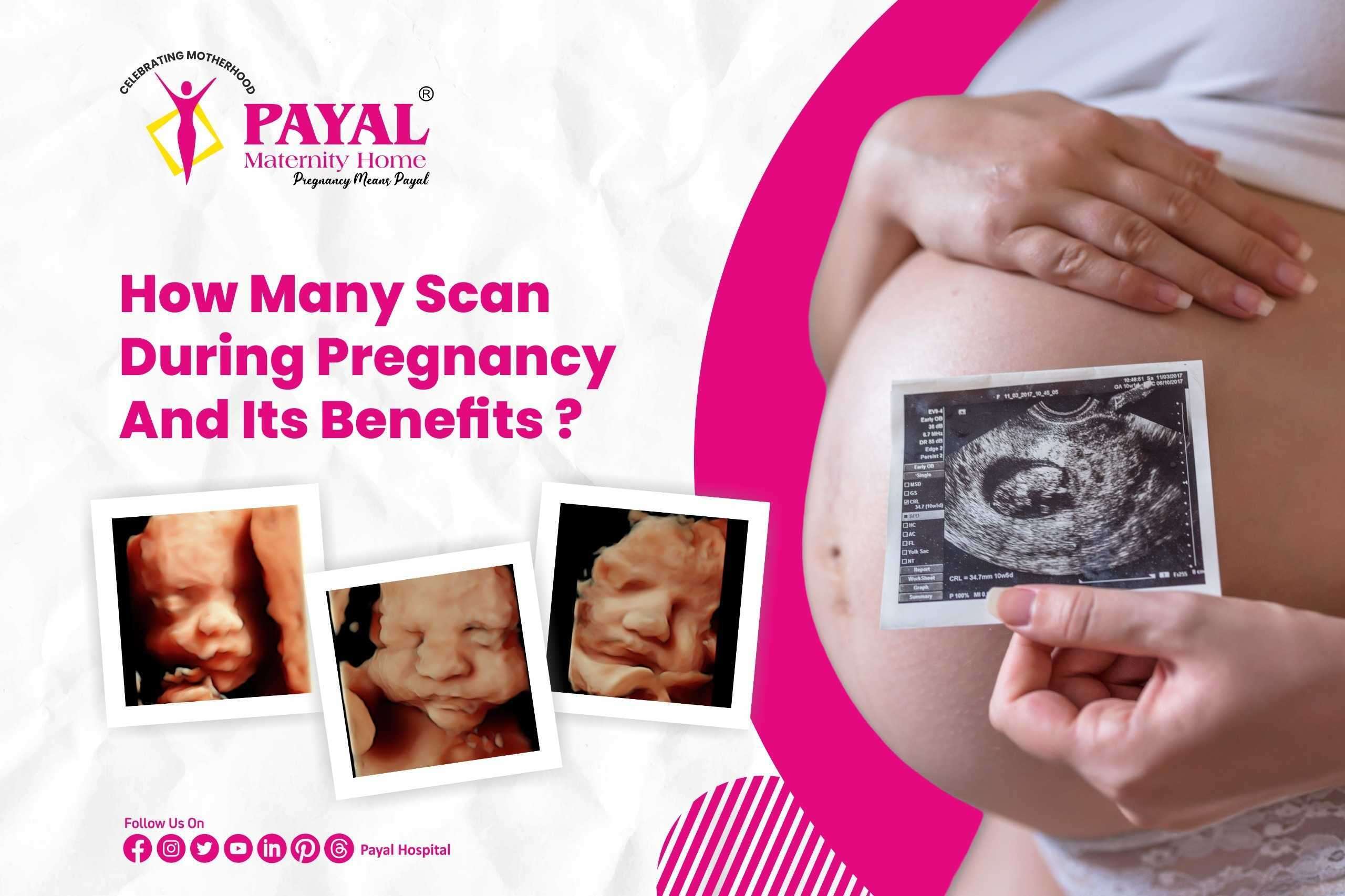
Learn how many ultrasound scans are typically done...
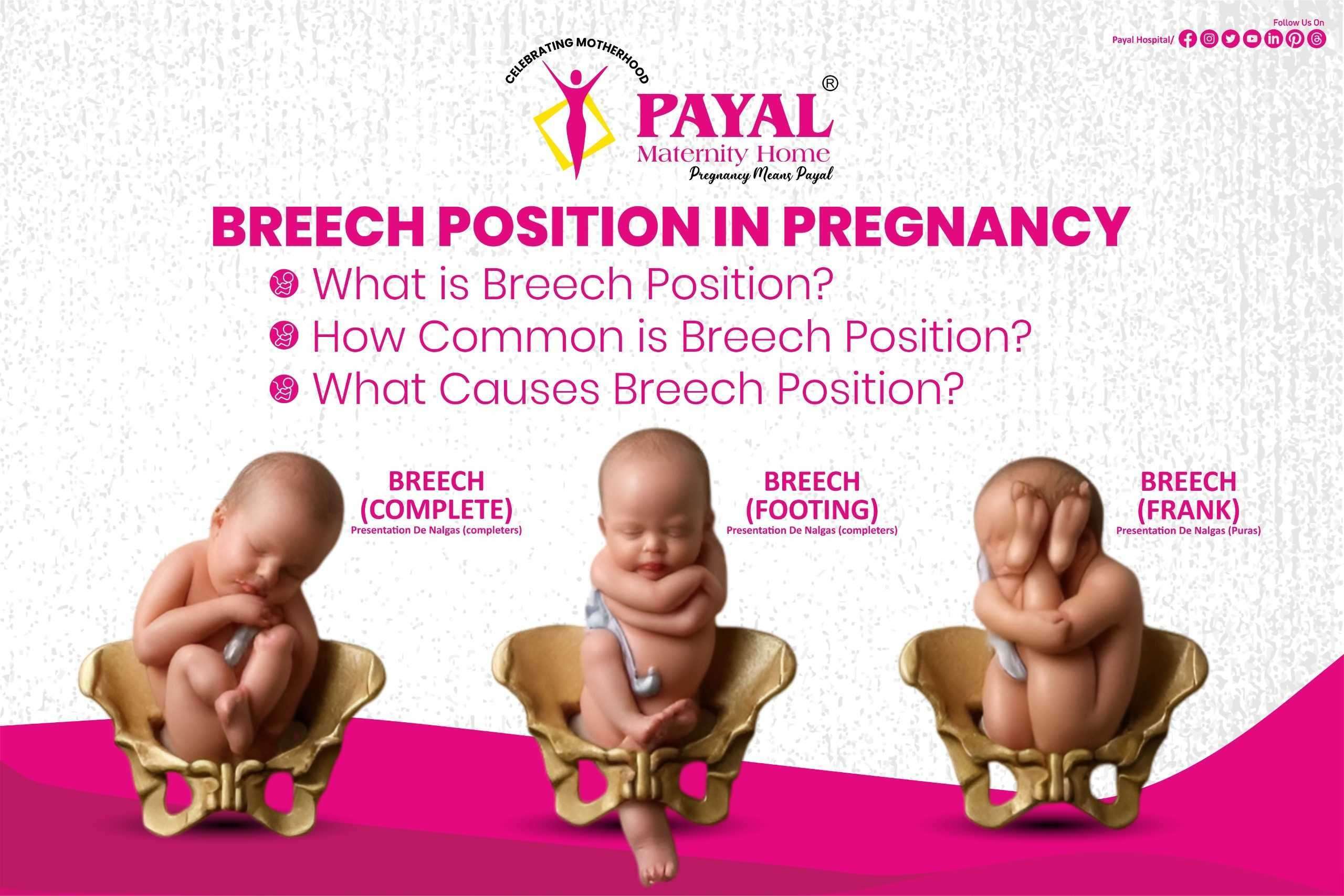
Learn about breech positions in pregnancy, why the...

Ovary pain during pregnancy can signal issues like...